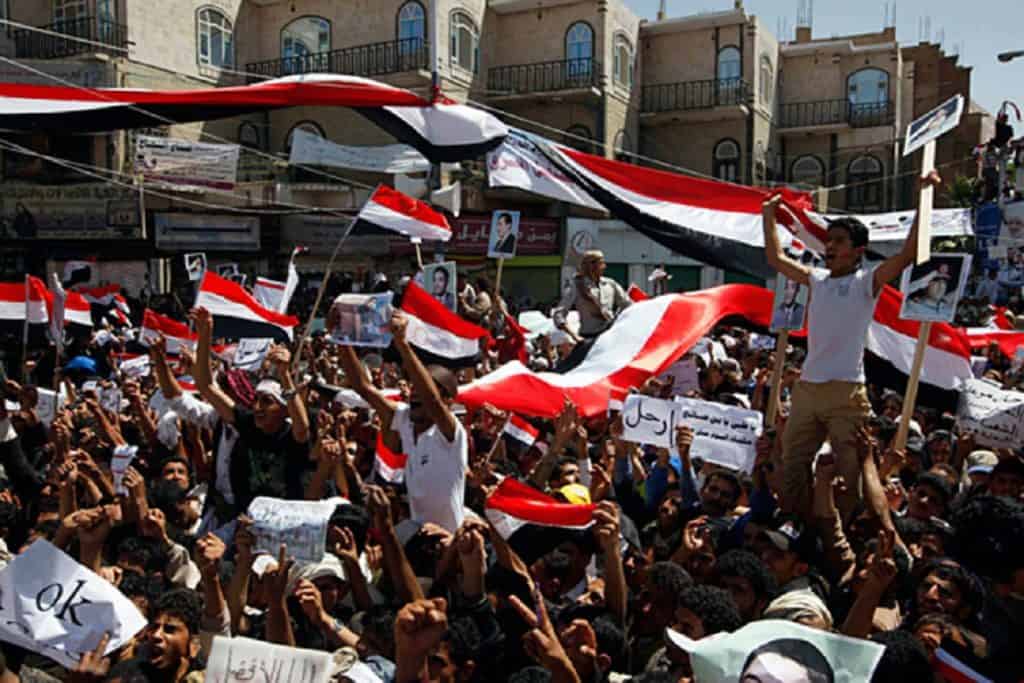By Denis Korkodinov
The Arab world is going through a difficult period of transformation of the entire system of regional geopolitics.
Recently, many states have faced a series of serious challenges and threats, under the influence of which a new model for solving urgent problems began to be built in the Middle East, the Persian Gulf and North Africa. Regional tensions have led many governments to completely abandon their previous geostrategy.
After the “Arab Spring” in 2011, the dynamics and methods of political action have substantially transformed. For example, in Syria, Libya, Yemen, society turned out to be strictly divided into diametrically opposed blocs, as a result of which for them the most preferable model of behavior is opposition to each other during hostilities, rather than consolidation in the framework of a peaceful dialogue.
In 2011, in almost all countries of the Arab world, society was mobilized as a whole. Nevertheless, as conflicts developed, society began to split up into small fractions fighting among themselves. And this process of fragmentation of society still represents the main danger on a regional scale. Under such conditions, a constructive dialogue between various functions and a political solution to a way out of the crisis are unlikely.
The problem of Yemen, among other things, is that here the basis of the conflict is not only a political and social division, but also a geographical division into North and South. Of course, the international Arab coalition has made every effort to aggravate the division of Yemen. However, this division is traditional for Yemeni society, in which external players only strengthened the existing contradictions, but did not contribute to their occurrence.
Tensions in Yemen have made neighboring states more susceptible to the actions of the warring Yemeni groups. Nevertheless, it is hoped that the mediation mission of the United Nations and, in particular, Moscow and Tehran in the Yemen conflict will subsequently be able to normalize the dialogue between the parties.
Lebanon, in this case, demonstrates a completely different model of political behavior. Compared to other countries, Lebanon is relatively stable and lacks serious political divisions between various internal groups of influence. There is no division as such on a political, social or geographical basis. Even Hezbollah organically intertwined with state institutions of power, and therefore it is impossible to separate it from the central government. For this reason, the “Arab Spring” did not lead to significant metamorphosis in official Beirut, which, as it turned out, does not meet the expectations of a number of international players (Israel, the USA) who are trying to drag Lebanon into a regional confrontation.
An unconventional model of political behavior demonstrates Tunisia. The society in Tunisia has a high level of self-organization, as a result of which political pressure on it is very difficult. So, after the death of the president of the country, Islamic groups made an attempt to influence electoral preferences by putting their candidate for the post of head of state. However, Tunisian street did not give in, as a result of which the victory in the presidential election was won by politicians completely unrelated to Islamism.
In other words, in Tunisia, the society is not so ideological that it could encourage him to speak out in support of any extreme views and political trends. Therefore, Tunisia had a certain immunity from the “Arab Spring”, which was aimed at harshly changing the dominant ideology.
The presented changes in the models of political behavior can undoubtedly have significant consequences for all countries of the Arab world and, above all, this will affect the collective security system. Thus, according to a number of experts, under the influence of transformations in political behavior, the security of states turned out to be very doubtful, which was clearly demonstrated by the example of attacks on Saudi oil facilities. Political network models, in this case, have become the main reason foe the attack on Saudi Arabia. And this may be only the beginning of larger tragedies.
(The views expressed in this article belong only to the author and do not necessarily reflect the views of World Geostrategic Insights)
Image Credit: Reuters







